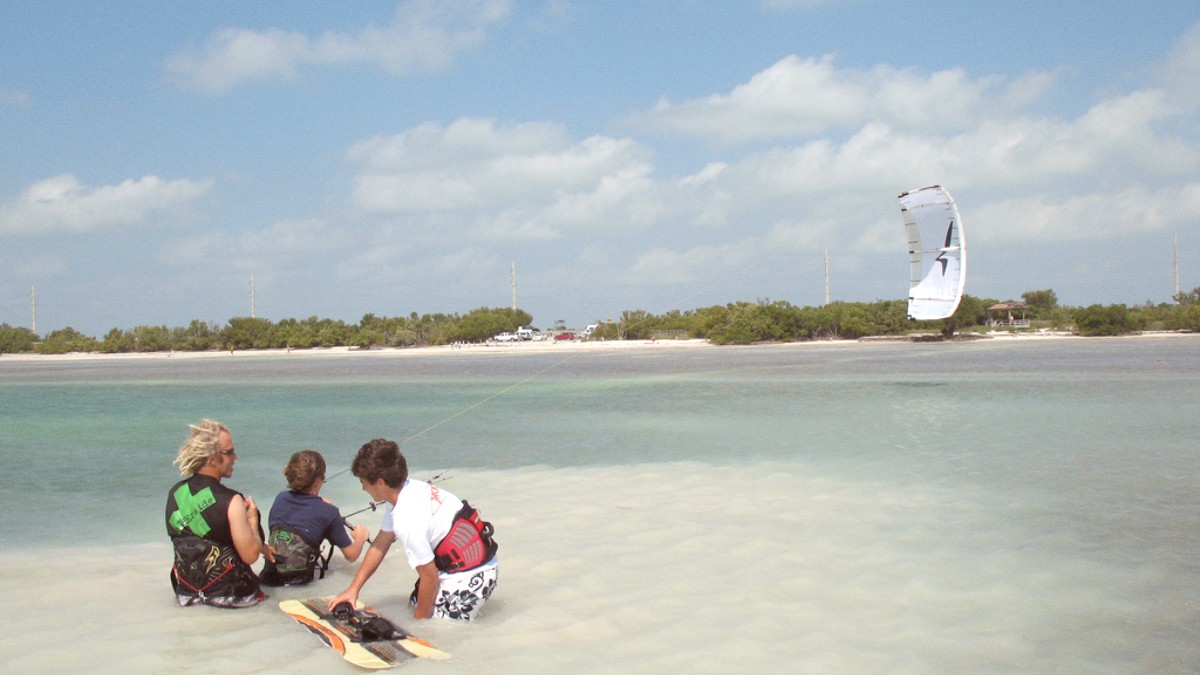
Florida, USA
The Florida Keys National Marine Sanctuary protects coral reefs, seagrass beds, and mangrove islands. Strict regulations are in place to minimize human impact; adherence is .
John Pennekamp Coral Reef State Park in Largo, the first undersea park, focuses on reef preservation. Support its mission by visiting and following its specific guidelines.
On Big Pine , the National Deer Refuge works to protect the endangered Deer and its habitat. Drive slowly and never feed the deer for their welfare.
Recycling programs exist, varying by municipality and accommodation. Dispose of all trash properly in designated bins; never litter. Minimize single-use items to reduce waste. Water conservation is critical as the Keys rely on a single mainland pipeline.
Consider offsetting your flight's carbon footprint through reputable programs. Combine trips by rental car and use bicycles or walking in West to reduce in-destination emissions. Seek accommodations and tour operators that promote sustainable practices.
Protected marine sanctuaries and state parks are useful for ecosystem health.
The Keys are home to unique and endangered species. Drive carefully, especially in refuge areas.
Purchase outdoor gear from environmentally conscious brands like Patagonia.
Explore reusable products at Package Free ShopChoose tour operators that prioritize ethical practices and responsible wildlife viewing.
Find ethical tours with G AdventuresWhen snorkeling or diving, use reef-safe sunscreen. Traditional sunscreens contain chemicals harmful to coral reefs. Look for sunscreens with non-nano zinc oxide and titanium dioxide as their active ingredients.
Your travel choices hold a direct economic impact on the local community.
Engage respectfully with locals. While the atmosphere is relaxed, avoid overly boisterous behavior, especially in residential areas or quieter establishments. Acknowledge local customs and show appreciation for the island way of life.
Your travel choices directly influence the local economy. Support community-based tourism by choosing local guides, artisans, and independent restaurants. This strengthens local residents and maintains the Keys' unique character.
Avoid activities involving animal exploitation, like riding captive animals or engaging with unethical animal encounters. If booking fishing charters, ensure they adhere to legal and sustainable practices, releasing protected species.
Do not participate in activities that exploit animals.
Select charters that practice legal and responsible fishing.
Donate to reputable local non-profits focused on conservation like The Rainforest Site.